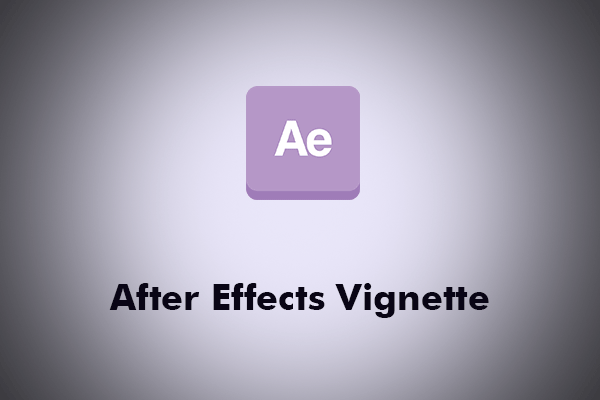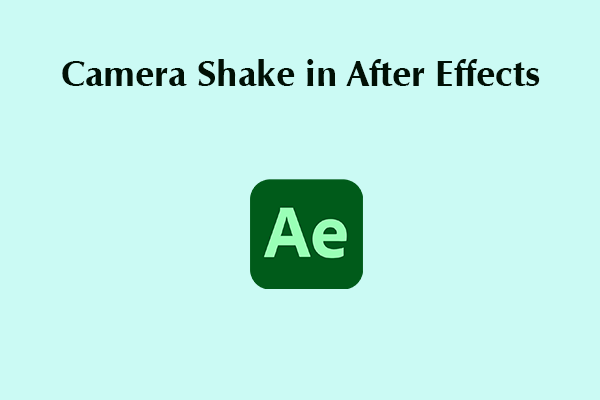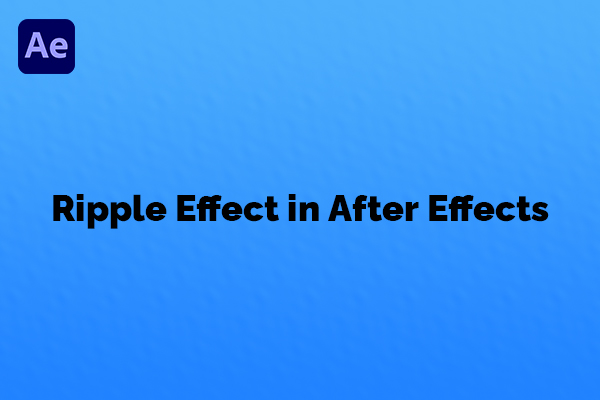How to Make Halftone in After Effects?
Step 1. Composition Creation
In the halftone After Effects project, users start by creating a new composition. To get started, they need a clean palette, just like any art project.
- Create a new composition.
- Give it the name Halftone.
- Use the 1920 x 1080 29.97 settings.
- Select OK.
Now, you can begin making your halftone effect after completing that.
Step 2. Add the Layers
This step is key. You will add two new solid layers for the BG and Grid.
- Go to Layer > New > Solid.
- Click the Make Comp Size button from the dialog box.
- Hit OK after naming BG.
- Go to Layer > New > Solid again.
- And click the Make Comp Size button in the dialog box.
- Hit OK after naming Grid.
You now have a solid foundation for halftone.
Step 3. Make the Dots
It’s time to make the effect’s dots. CC Ball Action makes a grid of balls with shading. This will be the halftone pattern’s foundation.
- Go to Effect > Simulation > CC Ball Action.
- In the Timeline panel, Twirl opens the CC Ball Action layer. Adjust the Ball Size to 30.
- Navigate to Effect > Channel > Invert. This makes the dots black.
- Click on the Grid layer.
- Head to Layer > Pre-compose.
- Give it the name Grid.
- Select Move all attributes to the new composition and hit OK.
The dots are now ready!
Step 4. Import the Material
Import the material you would like to use for halftone.
- Add the material you would like to apply halftone to into After Effects.
- With the material selected, go to Layer > Pre-compose.
- Give the material a name and hit OK.
- Click on the Footage layer in the Timeline panel.
- To make a copy of the Footage layer, use Command + D.
- Give the duplicated layer the name Inverted.
- Navigate to Effect > Channel > Invert.
- Toggle off the visibility for both the Footage and Inverted layers.
Choose the right image to achieve the effect.
Step 5. Apply a Blur Effect
Use the Camera Lens Blur property to apply a blur effect, then use the Levels property to change the image’s levels.
- Click on the Grid layer.
- Go to Effect > Blur & Sharpen > Camera Lens Blur.
- Twirl shows the Camera Lens Blur settings. Select the Inverted footage beneath the Blur Map Layer. Next, adjust from Source to Effects and Masks.
- Navigate to Effect > Color Correction > Levels.
- Twirl shows the Levels settings. Adjust Channel RGB to Alpha.
- To display the image, move Color Picker down to the darker tones from the levels box.
Step 6. Apply a Gaussian Blur
You now have the basic halftone effect made. The last actions will take the halftone effect from basic to awesome.
- Go to Effect > Blur & Sharpen > Gaussian Blur.
- Twirl shows the Gaussian Blur settings and adjusts the Blurriness to 5.0.
Step 7. Change Levels Property
You will adjust the image’s levels to add more detail.
- Go to Effect > Color Correction > Levels.
- Twirl shows the Levels settings. Adjust the Channel from RGB to Alpha. Change the Levels gradient values to improve image details.
You should notice more contrast in the effect, giving the image some drama.
Step 8. Reduce Opacity
Turn on the visibility for the material. Reduce the opacity to make the dots stand out.
- Turn on the visibility for the Footage layer.
- Input t to display Opacity.
- Reduce Opacity to roughly 18%.
You are done! You make the halftone effect in After Effects.
MiniTool MovieMakerClick to Download100%Clean & Safe
Conclusion
You have discovered how to make halftone effect in After Effects. Now it is your turn! Create this visual effect to enhance the aesthetics of your project.





User Comments :